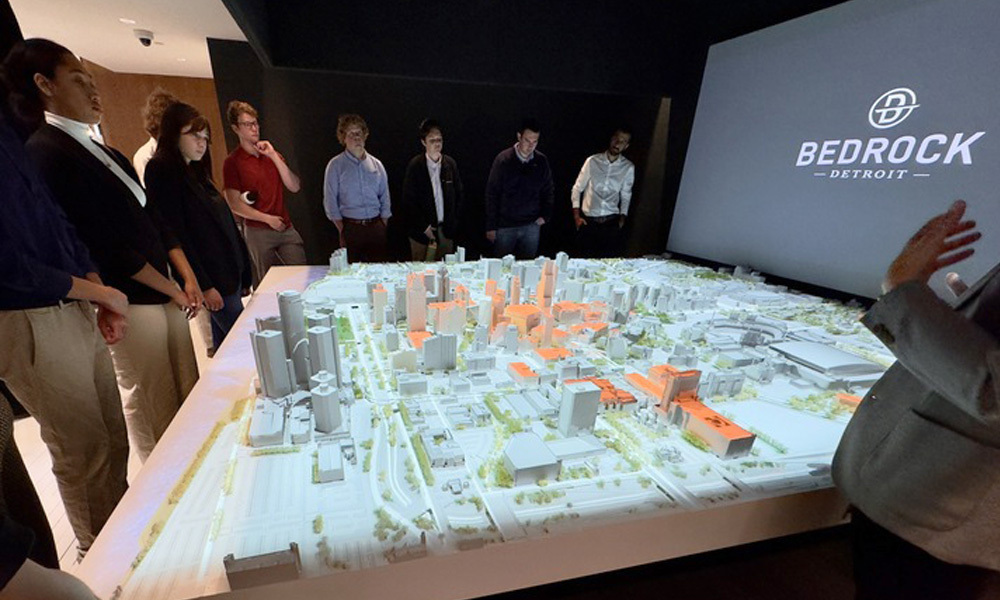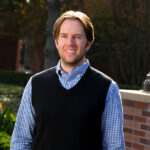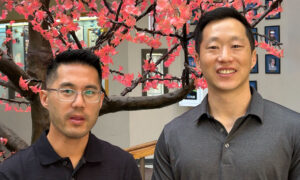Stephany Herrera, a student at the USC Price School of Public Policy, hasn’t had many opportunities to leave her home state of California. So when she heard of the Maymester program in Detroit – where students tackle real-life policy challenges in the Motor City – she pounced at the chance to visit the Midwest.
“School trips have been an opportunity for me to learn from another perspective, from people who do not live the traditional day-to-day that I live,” said Herrera, who is pursuing a Bachelor of Science in Public Policy (BSPP). “I wanted to understand the problems and solutions that are happening outside of my own bubble and broaden my own perspective.”
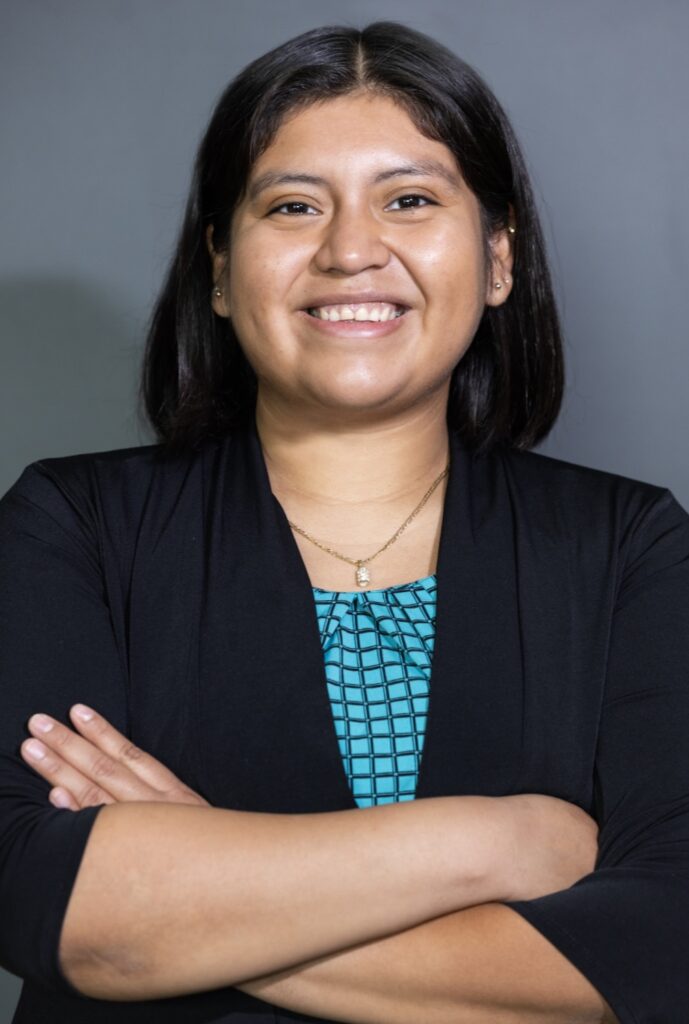
Herrera not only got to experience life in Detroit. She also visited the nearby Canadian city of Windsor, where she noted the differences between the neighboring American and Canadian cities. Windsor, for example, built more housing in its downtown, while Detroit had fewer residential buildings in its economic center.
“It was such an eye-opening experience to compare and contrast these cities and how their different revitalizations are happening,” Herrera said.
Los Angeles is typically the living laboratory for USC Price School students, but it’s not the only city where they get to apply the lessons they learn in the classroom. Since 2014, the school has sent a cohort of students to Detroit for the Maymester program, giving students an up-close look at obstacles facing many American cities, such as declining population, high levels of poverty and struggling school systems.
“Most of the experiential learning opportunities like this might have been something in Los Angeles or something abroad,” said Michael Thom, a USC Price School associate professor who started the Detroit Maymester a decade ago. “I thought it made sense to do something more in American cities, which are a little bit closer in terms of governance and challenges to what students are likely to face in their careers.”
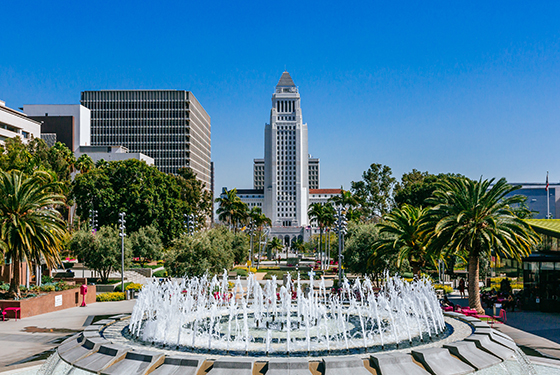
Master of Public Policy
Advocate & Innovate for a More Just World
Effective public policy has the power to disentangle increasingly complex global and domestic challenges. With an MPP from USC, you will have that power too.
Find Out MoreThis year, 11 students joined Thom in Detroit, where they advised a nonprofit on rehabilitating single-family housing, exploring a reparations program for the city and finding money for community development. Students presented reports to their client, Community Development Advocates of Detroit, and learned about the city’s history through trips to museums and tours through historic neighborhoods.
Antonio Wu, a BSPP and Master of Public Administration student, prepared a report examining and recommending reparations programs. Wu concluded that it’s important for city leaders to look at their specific histories with racism to tailor their reparations policies. In Detroit, for example, city leaders divided a historically Black community with a freeway. The city is now considering ripping up that roadway, but Wu said it’s also important for urban planners to replace it with something that heals those communities.
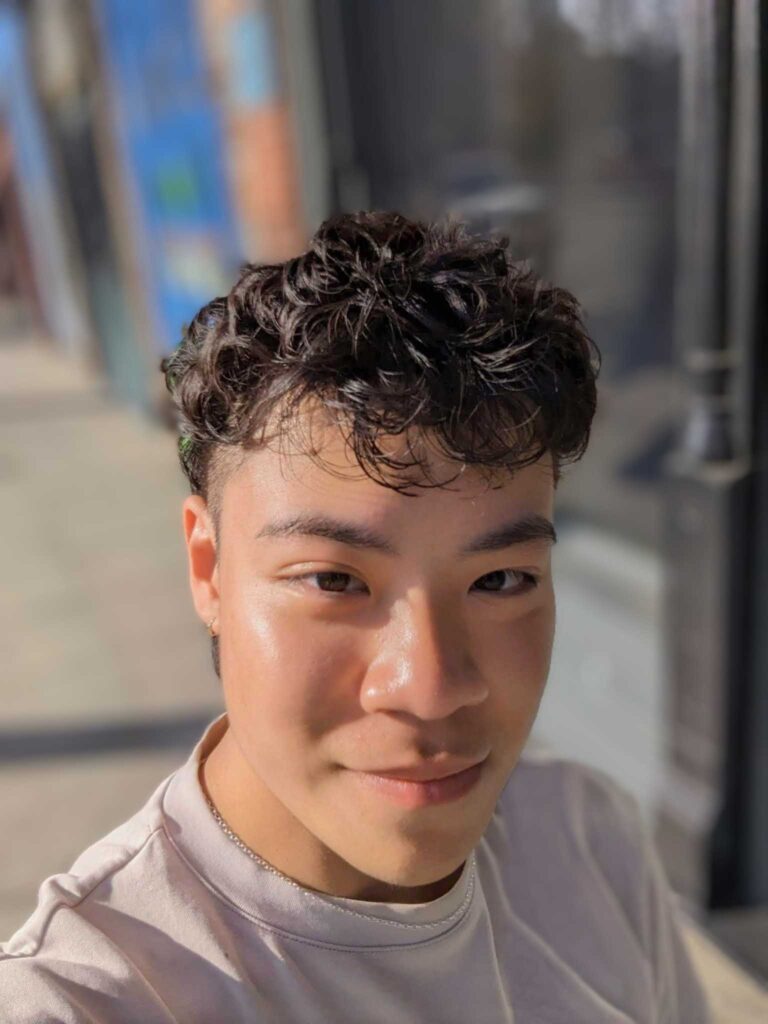
“If the freeway is going to become a really big boulevard that prioritizes the needs of drivers, that is not only a risk for walkability, but it doesn’t do anything to bridge – economically or culturally – the two neighborhoods,” Wu said.
Students said it was motivating to work with the nonprofit, showing them the kinds of jobs they could take upon graduation. They learned a lot from each other, too. The cohort featured students studying public policy, urban planning and real estate, among other disciplines.
“Working with urban planning and real estate development students, you get to see their different perspectives and start thinking about the whole picture,” Wu said.
“One of the main things that I really liked about this trip was how close we got as a group,” Herrera added. “This was a really good experience to be able to talk to them, learn from them, and hopefully, encounter them somewhere else in the future.”
